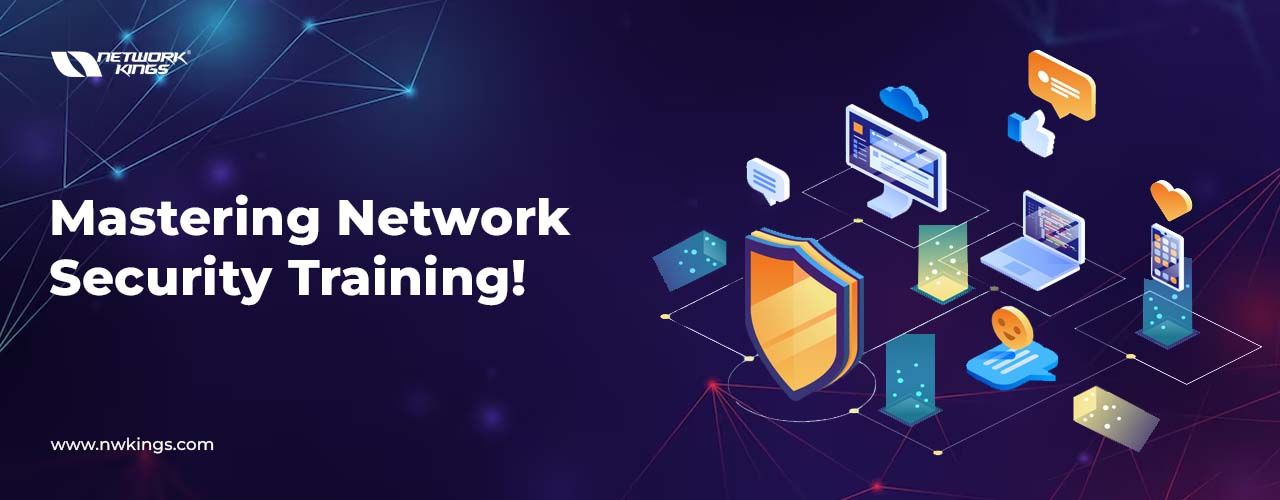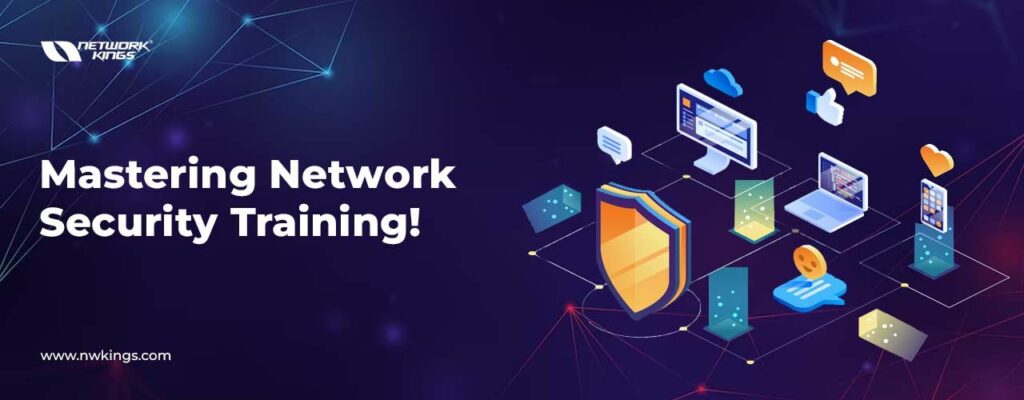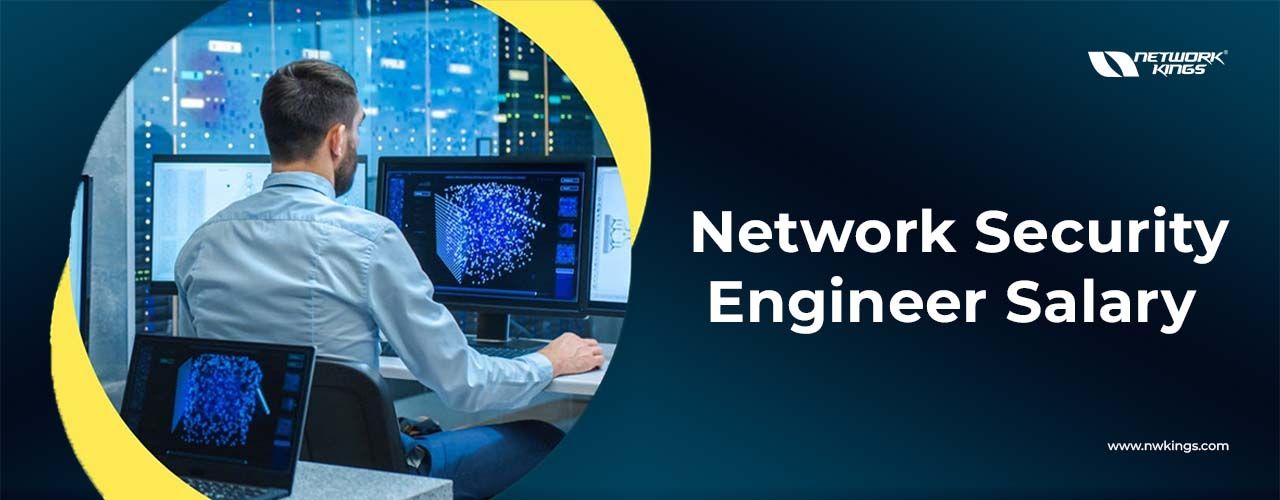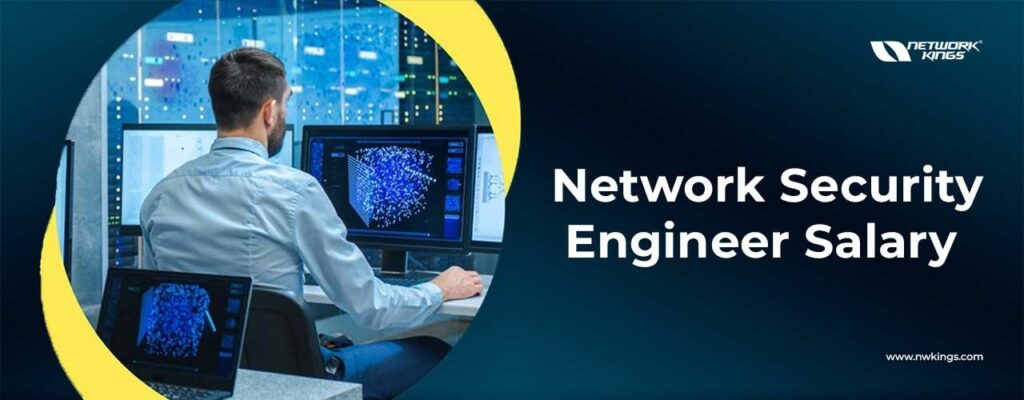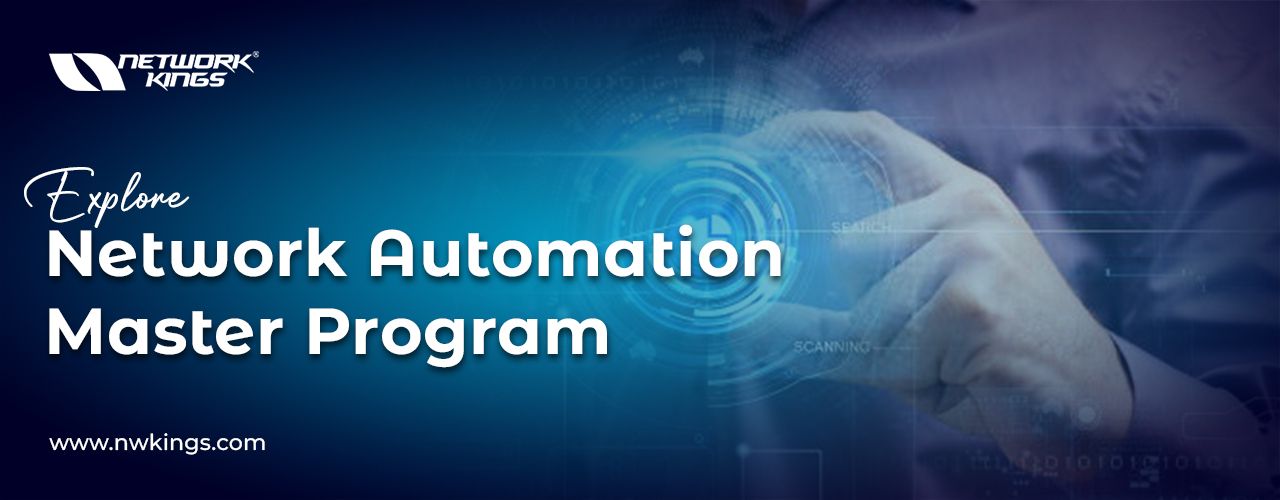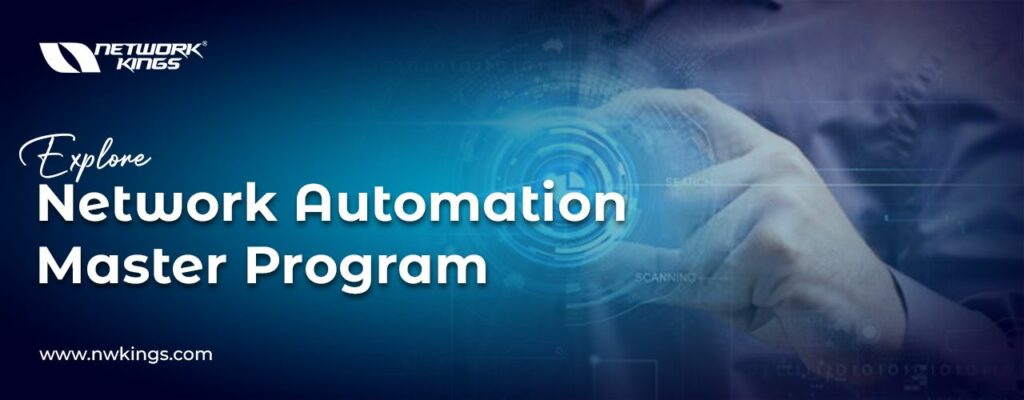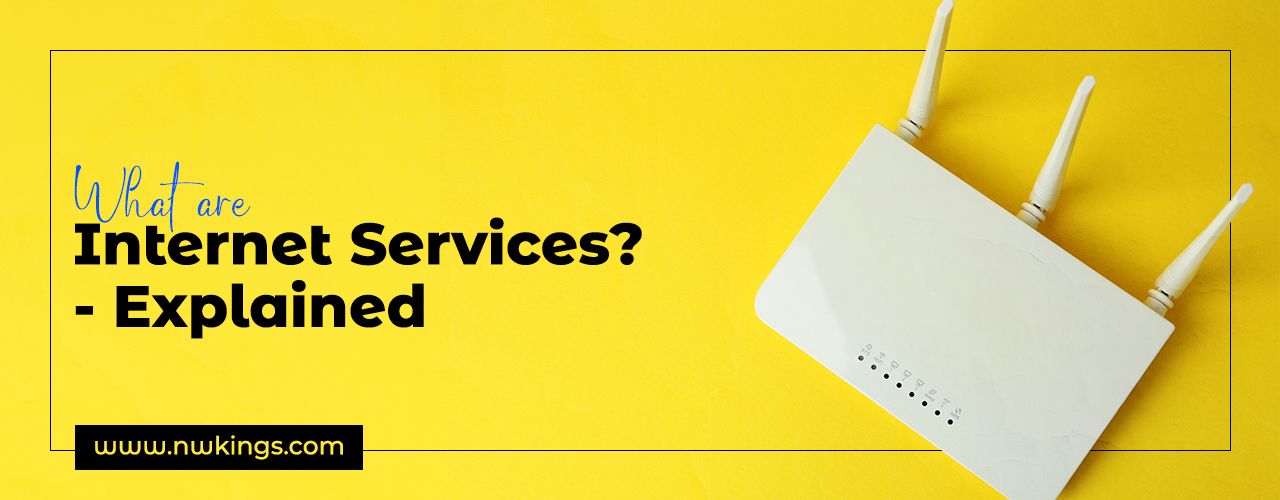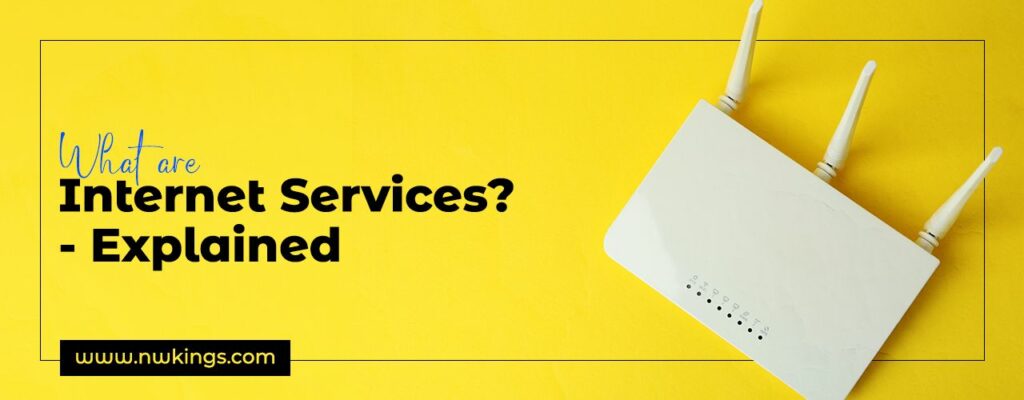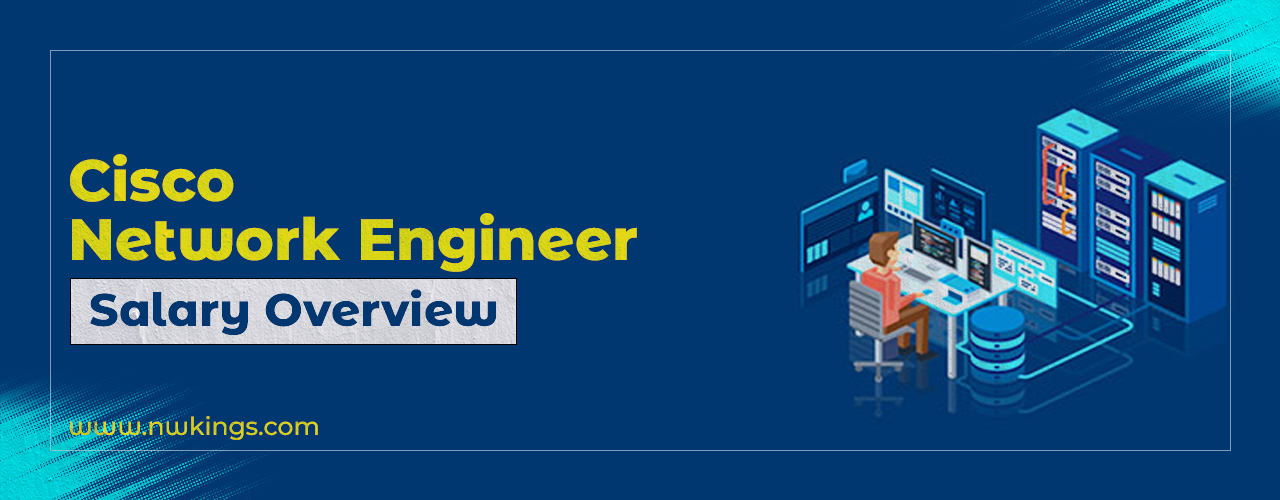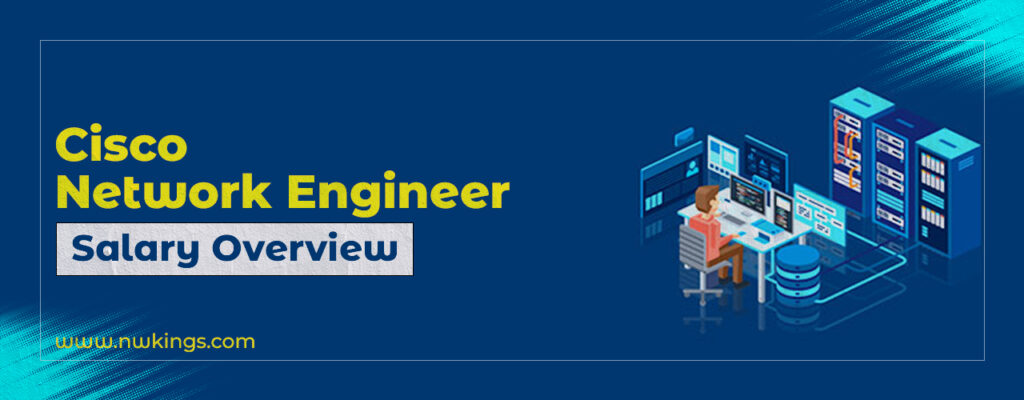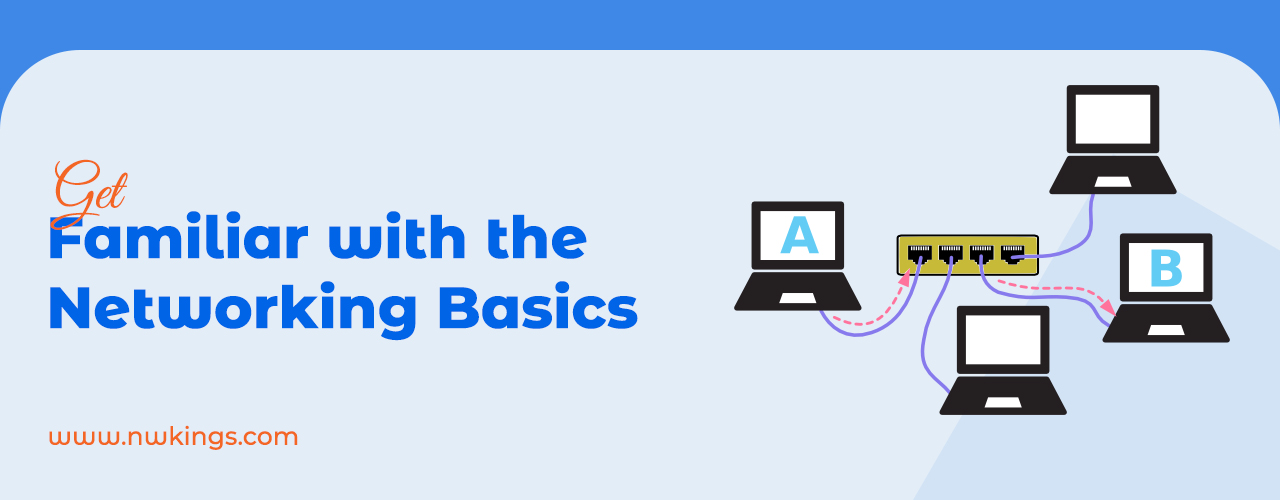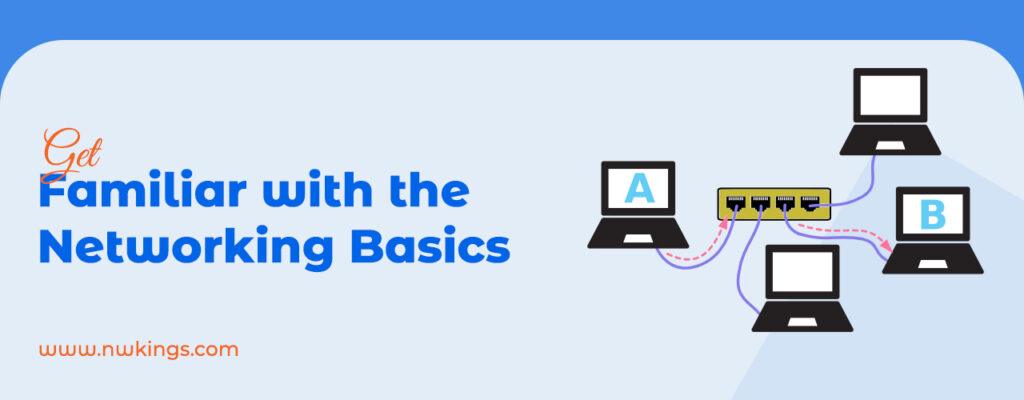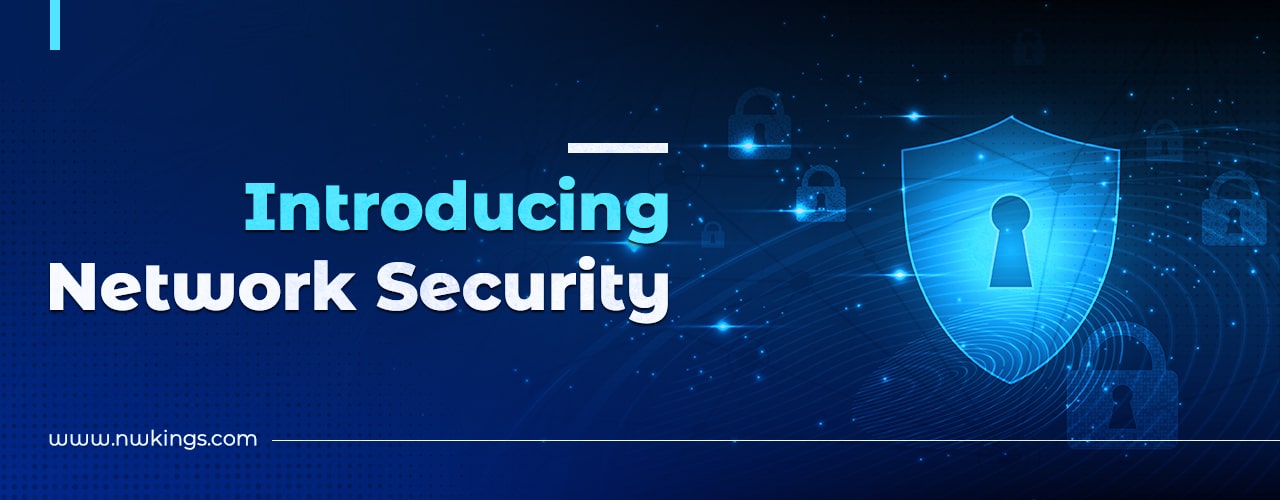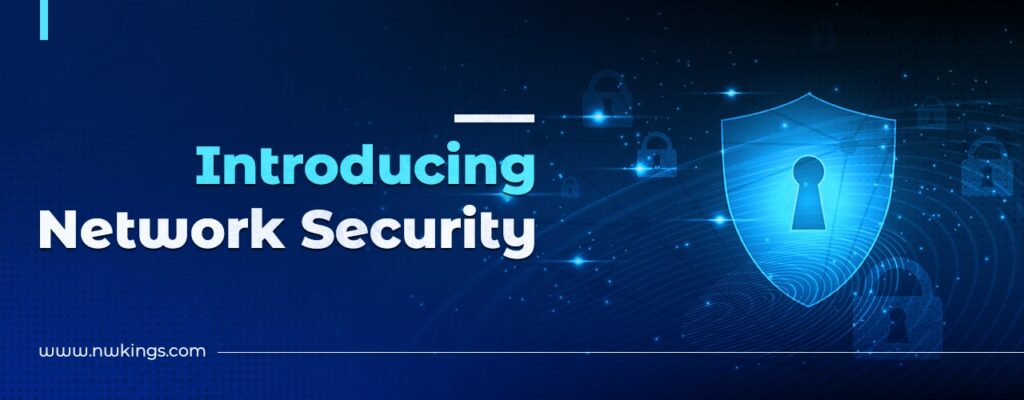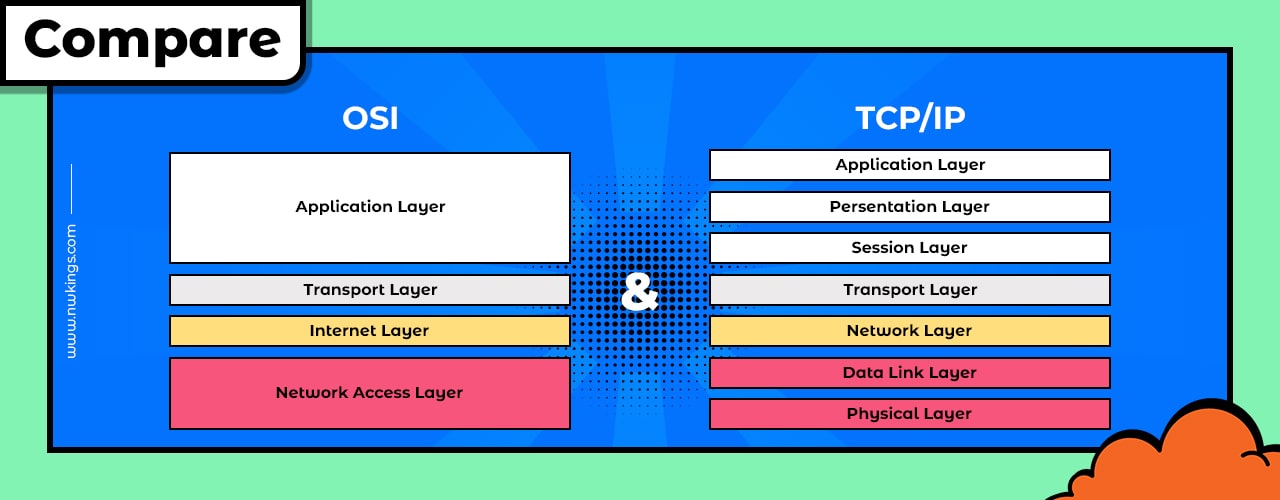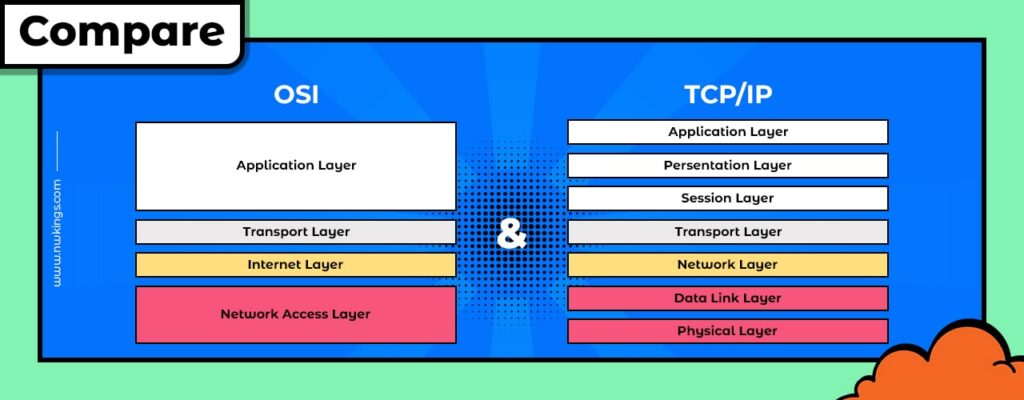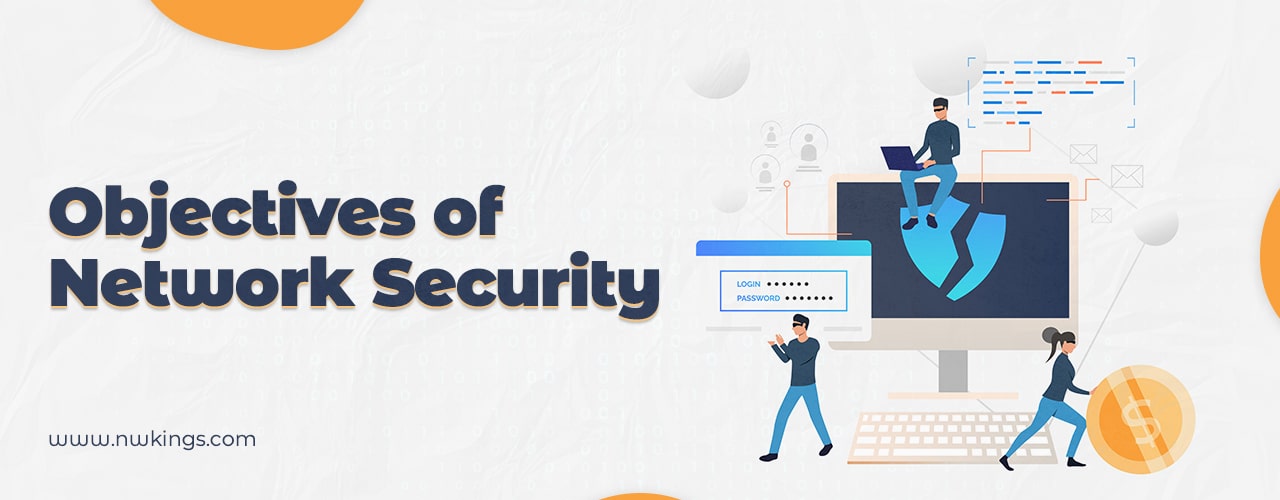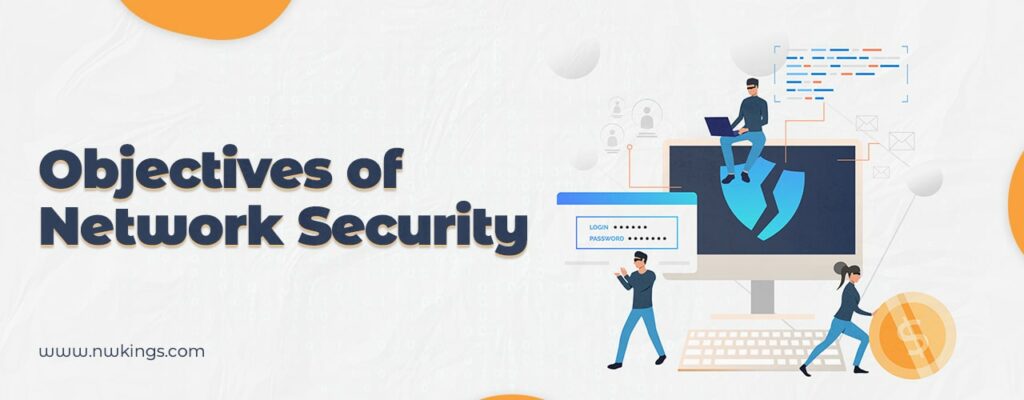
Want to learn Network Automation tools, but don’t possess enough knowledge?
Let’s dive deep into the expertise of Network Automation tools.
Automation evolution represents various things to other people, but at the core, we’re all examining to accomplish the same thing: a more profitable working model, where network infrastructure and the remaining IT work together virtually.
Network automation releases all those manual operations and implements technical tools for addressing network infrastructure and services. Network automation allows businesses to protect time and money and make the procedures more adaptable and agile.
This blog contains every detail of network automation tools and how to use them!
What are the Network Automation Tools?
Network automation is the strategy of automating the configuring, managing, prolonging, deploying, and operating of physical and virtual devices within a network. With everyday network tasks and functions automated and redundant processes owned and managed automatically, network service availability improves.
Various networking tools ease the task of networking. Let us explore the benefits of using Networking automation tools in our workflow.
What are the advantages of using Networking Automation tools?
Here are the benefits of incorporating Network Automation in your workflow:
- Time-saving: Less time spent on repetitive tasks and eliminates human error.
- Manages Network Configuration: Takes entire control over network configurations.
- Open to changes: Tracks, triggers, or reverts changes made to your network.
- Streamlined approach: Confirms your organization stays respectful with a streamlined automation approach.
- Network Reliability: Improves security, and increases network dependability.
What are the Open Source Network Automation Tools?
There are two types of network monitoring tools:
- Open-source network monitoring tools
- And Proprietary network monitoring tools
Proprietary network monitoring tools are called under license. These tools can charge up to $10,000.
Open-source networking monitoring tools do not have copyright issues and are open to all organizations, regardless of size.
These tools are customizable, scalable, and strong, supplying companies with a low-cost, practical option for proprietary software. Open-source tools work in the same way as proprietary tools, and there are many of them open in the industry.
Here is the list of top open-source network automation tools:
- Ansible: Ansible is an open-source, command-line IT automation software application penned in Python. It can configure systems, deploy software, and orchestrate progressive workflows to sustain application deployment, system updates, and more.
- NAPALM: NAPALM or Network Automation and Programmability Abstraction Layer with Multivendor support) is a Python library that executes a set of operations to interact with different router vendor devices using a suitable API.
- Netmiko: Netmiko is a multi-vendor SSH Python library that facilitates connecting to network devices via SSH. This library counts vendor-specific logic to paramiko, which is the de-facto SSH library in Python.
- Batfish: Batfish is a network validation tool that delivers correctness promises for safety, dependability, and adherence by examining the composition of network devices.
One of the main advantages of using open-source test automation tools is that they can lessen the cost and intricacy of testing. Unlike proprietary tools, which may demand costly licenses, hardware, or training, open-source tools are usually free or have minimal fees.
Top Network Automation Tools:
- Industry-Leading Network Automation Solutions
- Puppet: Puppet is an efficient system management tool for consolidating and automating the composition management process. It can also be utilized as open-source configuration management for server setup, administration, deployment, and orchestration.
- Chef: A chef is an open-source configuration management tool that utilizes Ruby to devise basic building blocks like recipes and cookbooks. It is an automation tool that reclaims infrastructure to code. It concentrates on writing code instead of using the manual process.
- SaltStack: SaltStack, also known as Salt, is a configuration management and orchestration tool. It utilizes a central warehouse to nourish new servers and other IT infrastructure, to make modifications to existing ones, and to install software in IT environments, including physical and virtual servers, as well as the cloud.
- SolarWinds: SolarWinds Network Performance Monitor (NPM) is a proven automated network monitoring tool that enables discovery and monitoring across network devices, including common devices like firewalls, switches, and load balancers.
- Juniper NorthStar: Juniper software brings an Experience-First Networking system with simplified network operations that drive outstanding experiences for end users. Telemetry and automation ingrained in our offerings deliver real-time understandings of user, network, device, and application behaviors.
What is the scope of Network Automation?
Network automation has grown throughout the years in business and service provider IT organizations, and its growth will persist. According to research, the network automation market may grow at a CAGR of 22.8% from 2021 to 2028. This growth is primarily due to rising network complexity originated by businesses requiring higher dexterity and higher dependability. All this growth has created the need for companies to devise network automation strategies.
This paper does not strive to be a technical deep-dive on network automation, rather it concerns the need for a network automation strategy. It begins with a description of what network automation is, followed by key use cases. Furthermore, it highlights the advantages that network automation conveys to IT organizations.
What are the top Computer Networking courses?
Top Computer Networking Courses include
The CCNA Course helps learners with all the necessary skills required in the field of networking. The Cisco Certified Network Associate (CCNA) is a beginner-level technical certification course offered by Cisco which serves as the stepping stone in your IT career catering to you with all the necessary skills required in the field of Networking. CCNA Certification is one of the most popular & in-demand Networking certifications in the industry. The CCNA course covers the essentials of Networking such as Network Security Fundamentals, Automation, Programmability, and Routing and switching. You’ll get in-depth CCNA training after enrolling & can become a skilled Network Engineer in the tech world.
Topics under Cisco CCNA 200-301:
- Routing and Switching
- Network fundamentals
- Network access
- Routing and Switching protocols
- Wireless Access Points (WAPs)
- Internet Protocol (IP) services
- Automation and programmability
- Infrastructure services
- Infrastructure security
This course has 3-levels: specialist, professional, and expert level.
The Cisco Certified Network Professional (CCNP) is an intermediate-level course offered by Cisco that provides in-depth knowledge, understanding, functioning, and maintenance of the study of everything regarding Service Providing Solutions and Networking. The Cisco CCNP course consists of the core technologies with Enterprise Specialization as it is an upgrade of the pre-existing Networking experience provided through Cisco CCNA certification for CCNP training. CCNP Enterprise training involves advanced Routing, Switching, Troubleshooting, Security, SDN, etc.
Topics covered in CCNP Enterprise:
- Advanced Routing and Switching
- VPN technologies: MPLS and DMVPN
- Configuring and troubleshooting OSPF, EIGRP, and OSPF
- Dual stack architecture
- Virtualization
- Infrastructure
- Security and automation
- Network assurance
Cisco CCIE Enterprise Infrastructure:
The CCIE course training is a perfect solution for you! The Cisco Certified Internetwork Expert (CCIE) Enterprise course is an advanced-level certification offered by Cisco Systems. The CCIE training program validates your skills in designing, deploying, and troubleshooting complex enterprise networks. CCIE course is one of the most prestigious certifications for those learners who want to gain advanced knowledge and skills in various networking areas.
Topics covered in CCIE Enterprise Infrastructure:
- Dual stack architecture
- Virtualization
- Network assurance
- Security and automation
The SD-WAN Certification helps in upgrading skills and knowledge regarding in-depth networking. The Software-Defined Wide Area Network or SD-WAN course builds expertise in designing, installing, arranging, and managing SD-WAN solutions in wide networks in a short period. The Cisco SD-WAN training Certification also teaches the SD-WAN installation and migration, placement of controllers, deploying and replacing edge devices, and the ways to configure Direct Internet Access (DIA).
Topics covered in Cisco SD-WAN:
- Configuring routing protocols
- Switching from traditional WAN to SD-WAN
- SD-WAN installation and migration
- Deploying WAN Edge devices
- Configure Direct Internet Access (DIA) breakout
The Cisco Certified Internetwork Expert or CCIE course Certification is meant for Senior Engineers and falls under the category of expert certifications offered by Cisco. CCIE training or CCIE Security training certification deals with the study of complex Security Solutions and further helps in understanding, designing, deploying, and managing the Network Systems to keep them secure.
Topics covered under CCIE Security:
Network security principles and technologies
Security protocols and technologies
Network infrastructure security
Network security management and monitoring
Security policies and compliance
The Cisco DevNet Associate certification or DevNet course is an entry-level course offered by Cisco that provides an in-depth understanding of Security, Automation, and Network Infrastructures. One can learn the best practices of modern Software Development, DevOps, and how to securely interact with Application Programming Interfaces (APIs) to automate existing manual processes with DevNet training.
Topics covered under Cisco DevNet:
- Software Development & Design
- Understanding and Using APIs
- Cisco Platforms & Development
- Application Deployment & Security
- Infrastructure & Automation
- Network Fundamentals
Python for Network Engineers course is designed for Network Engineers to learn Python course and other forms of Automation skills using Python Programming Language to manage Networks and Devices. Python for Network Engineers training deals with the study of how to Automate tasks on Routers and Switches using Python. With a proper knowledge of Networking coupled with Python training, one can automate networking tasks.
Topics covered in Python:
- Python Foundation for Network Engineers
- Python Libraries & Data Types
- API Concepts & YANG Data-Modelling
- IAC and DevOps Introduction
What is the scope of the Computer Networking course?
Here is the future of the Computer Networking course:
- Growing Opportunities – Every sector demands networking in some or the other way. In the business sector, networking is available from manufacturing to business processing. As organizations and institutions support domains like technology, cloud computing, big data, etc. they all rely on a workforce with networking skills to enhance technology. High-demand in technological advancement demands more Network Engineers, which ensures more job opportunities in the future.
- Automation – Technology is experiencing constant automation. Automation plays a crucial role in cost decrease, productivity, and performance. Automation is evolving the base of networking. Automating the composition, deployment, supervision, and troubleshooting has become a part of automation. Everyday network tasks like these grow the extent of networking. There is a myth that automation might take away jobs in the future, which is not true. It will add to the resume of a network engineer.
- Innovation – Innovation is quite necessary for companies to expand. The change could be superficial for a better requirement of products and services to the customers or internal for the better performance of the internal networks. If you are an investor, you have the opportunity to take up your career to a higher level.
- Job Opportunities – The networking profession is huge with sub-domains like routing and switching, security, service provider, collaboration, etc. As we know, routing and switching are major components of security and the network computing course includes knowledge of both. Hence, the job opportunities in this domain multiply day by day.
- Traveling chance – Networking harbors an international standard. It means that the world identifies your knowledge and skills in networking. Especially, a Cisco certified professional may trek to global corporations around the globe. Networking professionals work in a lot of professions. They support small businesses, schools, industries, and every place where networking is applicable.
What are the job opportunities after completing the Computer Networking course?
Here are the job opportunities after completing the computer networking course:
- Network support specialist.
- Network technician.
- Network administrator.
- Field service engineer.
- Computer systems analyst.
- Computer systems administrator.
- Network engineer.
- Wireless engineer.
What are the salary expectations after the computer networking course?
Here are the salary expectations after the computer networking course in different countries:
USA: USD 57,000 per year
UK: £47,847 per year
Canada: $90,419 per year
Australia: USD 65,000 per year
Brazil: $64,239 per year
UAE: AED 48,828 per year
Singapore: $57600 per year
New Zealand: $85,000 per year
Conclusion
In this digital age, network automation tools have appeared as critical assets for IT professionals, revolutionizing the way we operate and optimize network infrastructures. We’ve surveyed a diverse array of options, from strong open-source tools to industry-leading solutions delivered by Cisco.
The benefits are obvious: increased efficiency, decreased human error, and the capacity to scale operations to meet the needs of modern networks. Whether you’re a small team looking for affordable options or an enterprise pursuing complete orchestration, there’s a network automation tool to suit your requirements.
As we move forward, it’s essential to identify that the field of network automation is active and constantly growing. Staying updated with the most delinquent tendencies and technologies in network automation will be key to keeping a competitive edge.
Remember, successful implementation of network automation tools isn’t just about the technology itself; it is also about comprehending your precise needs and deploying the right tool for the job. Additionally, complete training and continuous learning are critical to making the most of these powerful tools.
So, whether you’re facilitating operations, improving security, or qualifying for the future of networking, network automation tools are your trusted allies. Embrace them, analyze their abilities, and open new levels of efficiency in your network management endeavors.
You can pursue a Networking course from Network Kings affordably.


